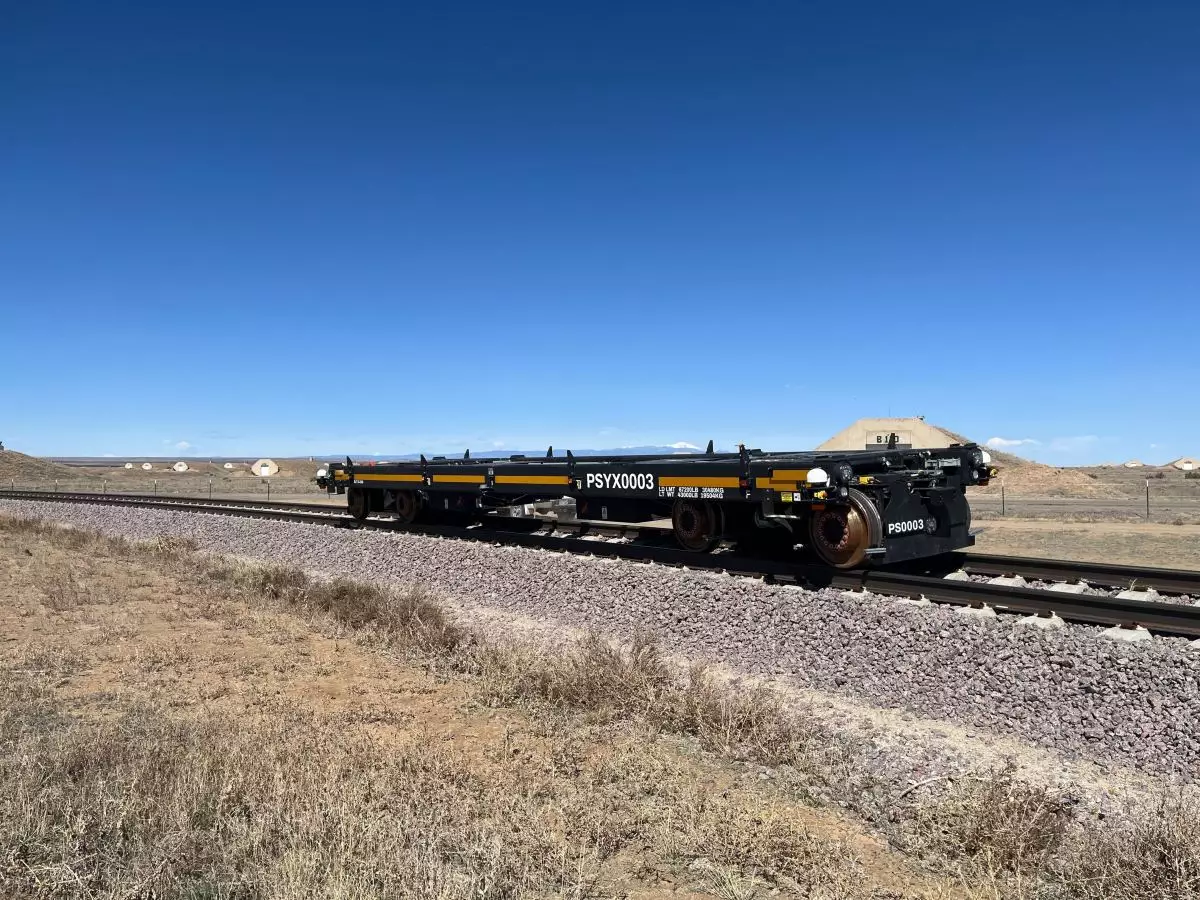In the landscape of freight transport in the United States, trucks reign supreme, accounting for an astounding two-thirds of the 20.2 billion tons transported every year. This reliance on trucks not only strains road infrastructure but also poses environmental challenges due to emissions. The monopolistic grip of trucking has stifled innovation in the rail sector, leading to the underutilization of an alternative that’s been in existence for centuries. Despite being a more environmentally friendly option, rail transport is often dismissed for shorter deliveries due to the inefficiencies related to traditional locomotive systems. In this arena of logistics, Matt Soule, founder and CEO of Parallel Systems, is on a mission to disrupt the status quo by introducing modern, autonomous, and electric freight innovations to rail transport.
Addressing Inefficiencies with Modern Technology
At the core of Parallel Systems’ innovation is the development of battery-powered autonomous technology designed to operate in conjunction with existing rail infrastructure. Unlike conventional freight trains that depend on bulky locomotives to pull vast amounts of cargo over long distances, Soule’s concept allows for a more flexible approach. The genius of this system lies in its ability to enable train cars to autonomously attach and detach, a process that mitigates risks associated with manual connections and enhances operational safety and efficiency. This adaptability not only lowers costs for companies seeking short-distance transport but also promises quicker operational turnaround, as the advanced braking mechanisms significantly reduce halting times.
Soule explains that the company has designed its technology not to replace existing freight trains but rather to be complementary, facilitating a shift toward more eco-friendly rail solutions. The vision is ambitious yet practical: create an alternative economic model that encourages businesses to reconsider rail transport for shorter deliveries in a bid to ease the burden on roadways and enhance the sustainability of freight logistics.
Paving the Way for Commercialization
The recent approval by the Federal Railroad Administration to conduct pilot tests in Georgia marks a significant milestone for Parallel Systems. The 160-mile stretch between the Port of Savannah and various distribution sites presents an ideal setting for testing the technology in real-world conditions. With a substantial $38 million Series B funding round recently secured, the company is well-positioned financially to bring its innovative vision to life. Investors, including Anthos Capital and Collaborative Fund, demonstrate confidence in Soule’s approach, despite traditional industry hesitations about stepping outside typical investment parameters.
Sophie Bakalar from Collaborative Fund articulated this sentiment beautifully, noting that “not many folks are going to be able to do it.” This recognition speaks volumes about the uniqueness of Parallel Systems and the pressing demand for innovative solutions in freight transport. The investment reflects a broader understanding that efficient shipping methods can directly impact consumer products and business operations, an opportunity too valuable to ignore.
A Leader with a Vision
While Soule does not come from a background in rail transport, his extensive experience in regulated transportation and aerospace gives him a distinct advantage. His tenure at SpaceX, where rapid technological advancements are the norm, has equipped him with a mindset geared toward innovation and efficiency. It’s this unique perspective that enables him to view rail logistics through a different lens—one where the emphasis is placed on integration and technological enhancement rather than sticking to traditional models.
His assertion that this is a “generational innovation in terms of freight” reflects a deep understanding of the market’s stagnation and the dire need for transformative changes. Soule acknowledges that convincing companies to shift their shipping strategies will be a challenge; however, the demand for alternatives exists, especially amid ongoing tariff uncertainties that could push businesses to seek cost-effective solutions.
Global Aspirations Amid Local Foundations
As Parallel Systems prepares for its initial commercial launch in 2026, the company is focusing on the United States and Australia as primary markets. The interest they’ve received globally is a testament to the universal need for improved freight solutions, and the ongoing issues surrounding tariffs further catalyze the urgency for cost-effective shipping methods. The impending shifts in trade policies could create a breeding ground for increased demand for innovations like those offered by Parallel Systems.
The freight transportation industry is ripe for disruption, but it requires pioneers willing to challenge the old paradigms. Parallel Systems, under Soule’s leadership, is well-suited to spearhead this change, delivering a technology that not only modernizes freight logistics but works toward creating a sustainable future. As innovative electric and autonomous solutions gain traction, the transformation within rail transport may finally begin to take its rightful place alongside road transport in the global logistics tapestry.

